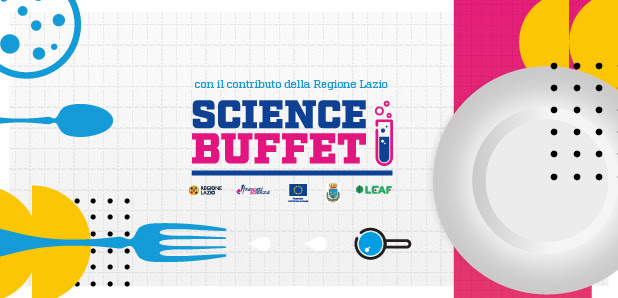I have, for professional reasons, met many small businesses in over thirty years and came to the conclusion: in 90% of them the current skills are Outdated More seriously, there is no complete awareness on the part of entrepreneurs. This situation results in confusion among business leaders regarding the interpretation of average professional profile of her collaborators.
Confusion arises from the assumption that technical knowledge (the translation of theoretical concepts into operational actions) in small business has two origins: “empirical knowledge” and “theoretical knowledge.” The first “knowledge”, which is well rooted both structurally and historically in small firms, is nothing but a gradual summation of repeated actions by a single subject, from which one derives the best, most efficient and most effective way to solve a problem. . He did not study from books, but learned by doing.
The second “knowledge”, which is a dimension of theoretical knowledge, is instead the acquisition of concepts, techniques, and cultures that refer to the standards and ideal method for solving a problem through writings (books, pamphlets, pamphlets) or oral communications (training, conferences, etc.) by experts in this field. And in this case, as I’ve already had the opportunity to repeat on these pages, there are very few technical skills in a small business.
Among other things, even in the language of the sector, those who work thanks to “empirical knowledge” are defined, with emphasis and often positive meaning, “practitioner”; Everyone who works thanks to “theoretical knowledge” is usually called a “theorist” in the sense that it limits pejorativeness. In fact, the first “knowledge” is the son of the second. It is necessary to know and anticipate the criteria for solving any problem orally or in writing before conducting a systematic experiment, thanks to which, through trial and error, the collaborators get to know the best, most effective and efficient way to solve the problem.
In principle, “theoretical knowledge” is also “experiential knowledge”. Why then do we suppose that the former belongs to theory and the latter belongs to practice? Because it is commonly believed that “theoretical knowledge” cannot include all the possible nuances with which a problem can arise, and it is mistakenly believed that personal experience allows each nuance to give its correct answer.
But this can be valid only on one condition: that in the gradual compilation of actions intended by a single subject to solve problems, the phenomenon to be encountered has already occurred. At least once And at least once, the actions of those who had to solve it gave a positive response. In other words, for an experiment to always be valid, a historical string is needed. And if the phenomenon occurs for the first time with completely new properties, who should find and give an answer on the basis of his experience? He can’t do otherwise Proceed by trial and error.
Exactly how “theoretical knowledge” always progresses and advances, but with this difference: by resorting to “theoretical knowledge”, as a result of the contribution of many, it is very likely that the operator will find Immediately The solution; By resorting to his “experimental knowledge”, the operator instead needs time to remove it and not always the time needed to match the time needed to do so corresponds to the time available to solve the problem. The experience is unique and individual; Wisdom is diverse and plural.
However, we do not touch upon the difference between one knowledge and another to prove the rightness of one in the face of the wrongness of the other, but we do so to support the good of both and the need to use them with mutual respect. It is also true that in all disciplines there are personalities who are considered “theorists” and personalities who are called “processors”. The former still lacks practical experience, and the latter theoretical knowledge.
A semi-illiterate warehouse worker who listens carelessly or a subtle inability to understand the engineer with a master’s degree in Polytechnic who explains to him with graphs and tables the equation of calculating the minimum stock within which the warehouse can be managed, thinking that all that is “this” is just a theory , wrong – wrong – wrong. Just like the engineer with a master’s degree in the Polytechnic who looks arrogantly and almost annoyed at the semi-illiterate warehouse worker who tries to explain to him how “Slit methodIt is the best solution for warehouse management (i.e. drawing a red line on the container/shelf for stored parts and replenishing the container only when the quantity in it is below the line), thinking that whatever he says is a frivolous ‘practice’.
How to fix these two errors What conduct finds their justification in believing in the goodness of the method they both apply? Provide management training to the accommodating engineer, perhaps lacking “know how to be”, who should accept doing some practice in the warehouse and technical training for the semi-illiterate warehouse worker who should study, in general, the mathematical models presiding over the management of stocks.
However, for the benefit of science and wisdom, it can be shown easier for those who know how to do it than for those who already know how to do and ought to learn to know. In spite of everything, science and wisdom prevail over practice and application; Not always, but almost always. For if it is true that theoretical knowledge precedes empirical knowledge, it is also true that good knowledge is the basis of knowing how to do a good job.

“Infuriatingly humble social media buff. Twitter advocate. Writer. Internet nerd.”



